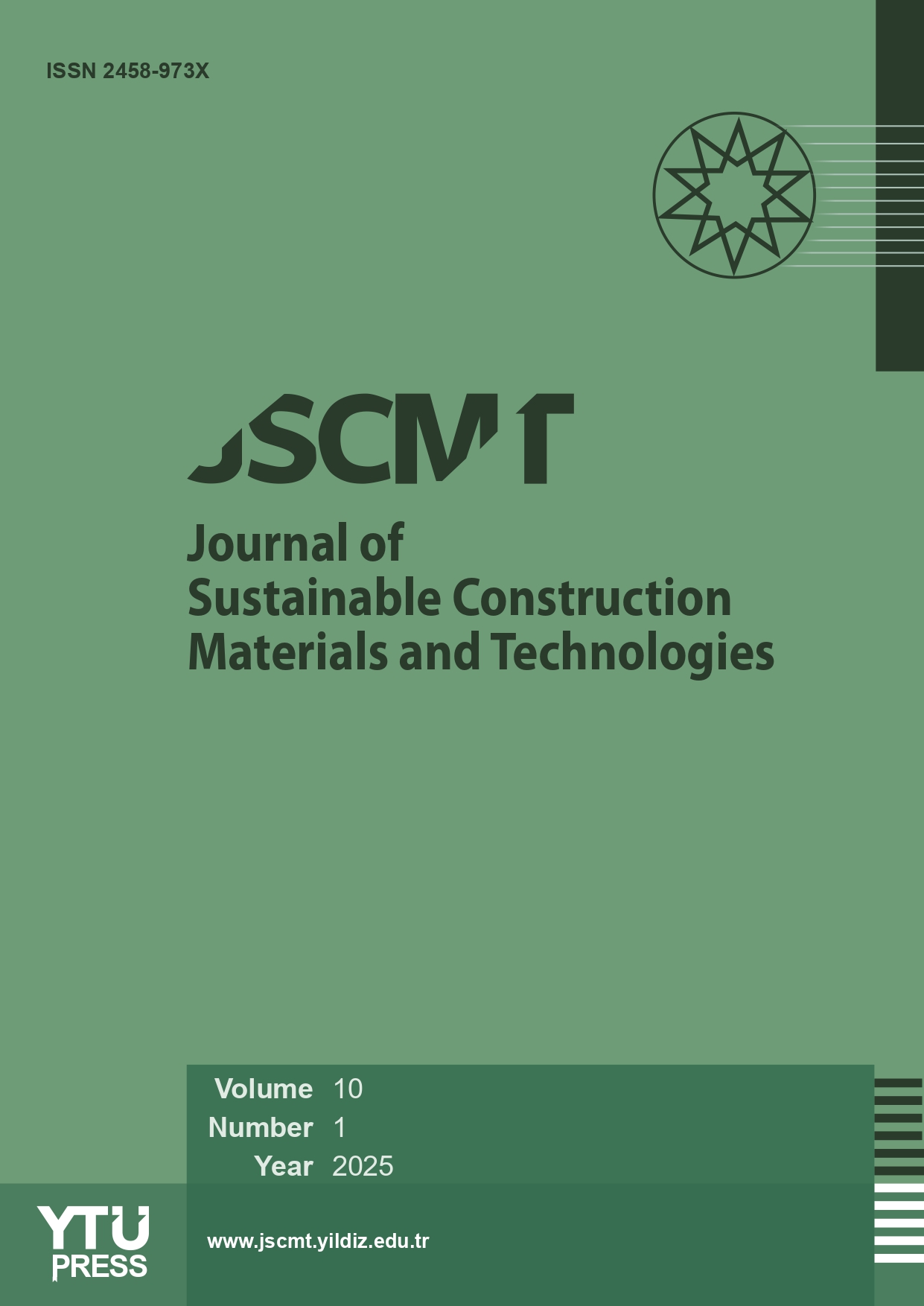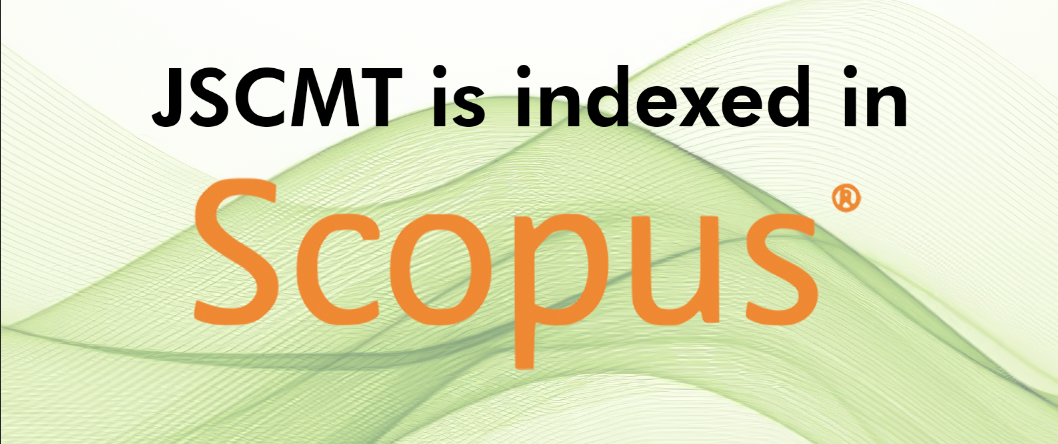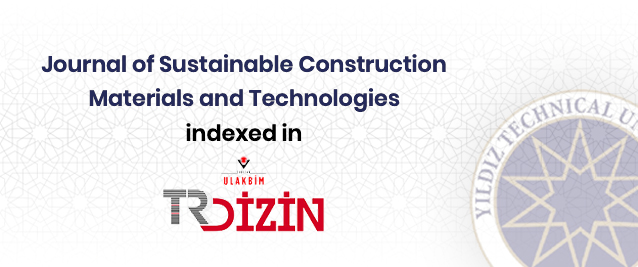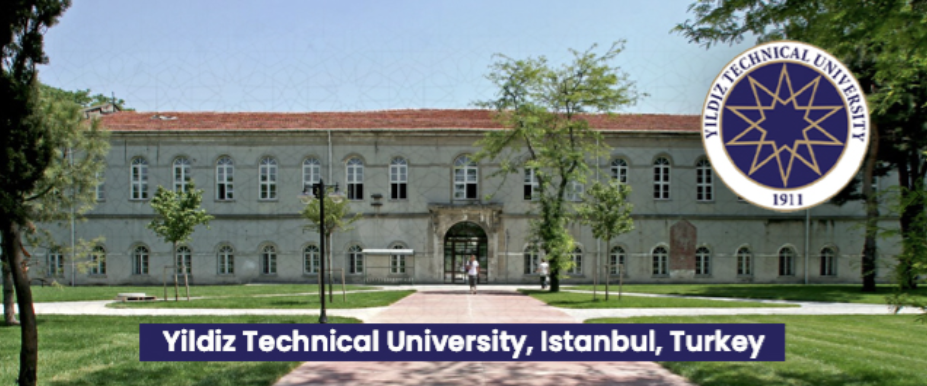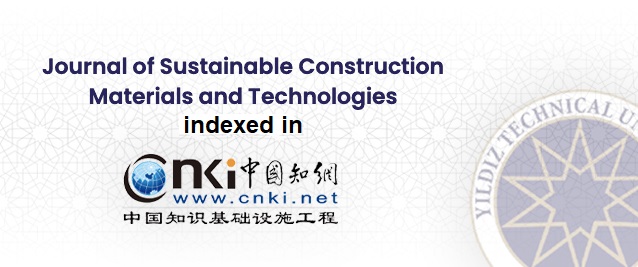Abstract
The ongoing alkali-silica reaction (ASR) in concrete can be halted by dryness, which is important for repairing ASR-suffered concrete structures. Drying of the concrete establishes an ASR-dormancy period until the end of the dryness. The residual expansion of such concrete after the ingress of water—the end of the dormancy period—is a significant risk, especially for repair works. In this experimental study, the post-dormancy expansion of various mixtures prepared by eight different Portland cement and three different supplementary cementitious materials (SCM) were tested using an accelerated mortar bar test. After accelerated ASR expansions, an ASR-dormancy period was established by keeping the specimens dry for seven years; the residual ASR expansions of the specimens were tested by the same accelerated method. The effect of pre-dormancy reactions on the residual expansions was discussed through two perspectives. The post-dormancy expansion behavior of mixtures without or with insufficient SCM indicated that expansions were primarily driven by the swelling of old gel, whereas in specimens with sufficient SCM, the dominant mechanism was new gel formation, a result of lower pre-dormancy expansions due to the ASR-mitigating effect of SCMs.


